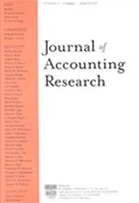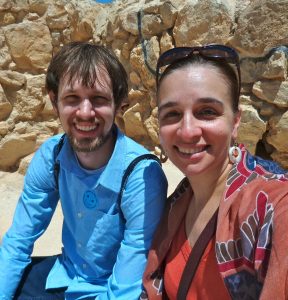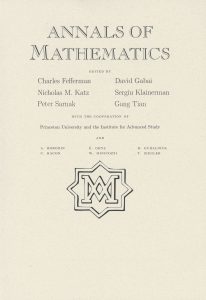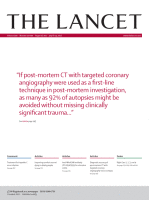
Source: NIH
The string of apparent bad luck continues for Stanley Rapoport.
Rapoport, a neuroscientist based at the U.S. National Institute on Aging, has lost three more papers in three journals due to the misconduct of his co-authors. By our count, these retractions bring his tally to 19 — and tie him for 21st place on our leaderboard.
The journals—Schizophrenia Research, Journal of Affective Disorders, and Biological Psychiatry— retracted the papers because the National Institutes of Health had found that one of Rapoport’s co-authors, Jagadeesh Rao, had “engaged in research misconduct by falsifying data.” Rao was corresponding author on all three papers.
According to a spokesperson for Elsevier, which publishes the journals, the Schizophrenia Research paper was retracted in July, the JAD paper in late May and the Biological Psychiatry paper in late April. The spokesperson told us that the publisher first received an email from the NIH about the misconduct findings on September 20, 2016, and that: Continue reading NIH neuroscientist up to 19 retractions

 Different journals follow different editorial policies — but we’ve never seen any charge money to authors who want to appeal an editorial decision. Until now.
Different journals follow different editorial policies — but we’ve never seen any charge money to authors who want to appeal an editorial decision. Until now.



 Journals have posted two corrections alongside papers by
Journals have posted two corrections alongside papers by  A patient’s “unusual” brain cyst excited several researchers in China so much they published a paper about it in a major journal. Soon a reader identified a glaring mistake: the authors had described the cause of the cyst incorrectly.
A patient’s “unusual” brain cyst excited several researchers in China so much they published a paper about it in a major journal. Soon a reader identified a glaring mistake: the authors had described the cause of the cyst incorrectly. 